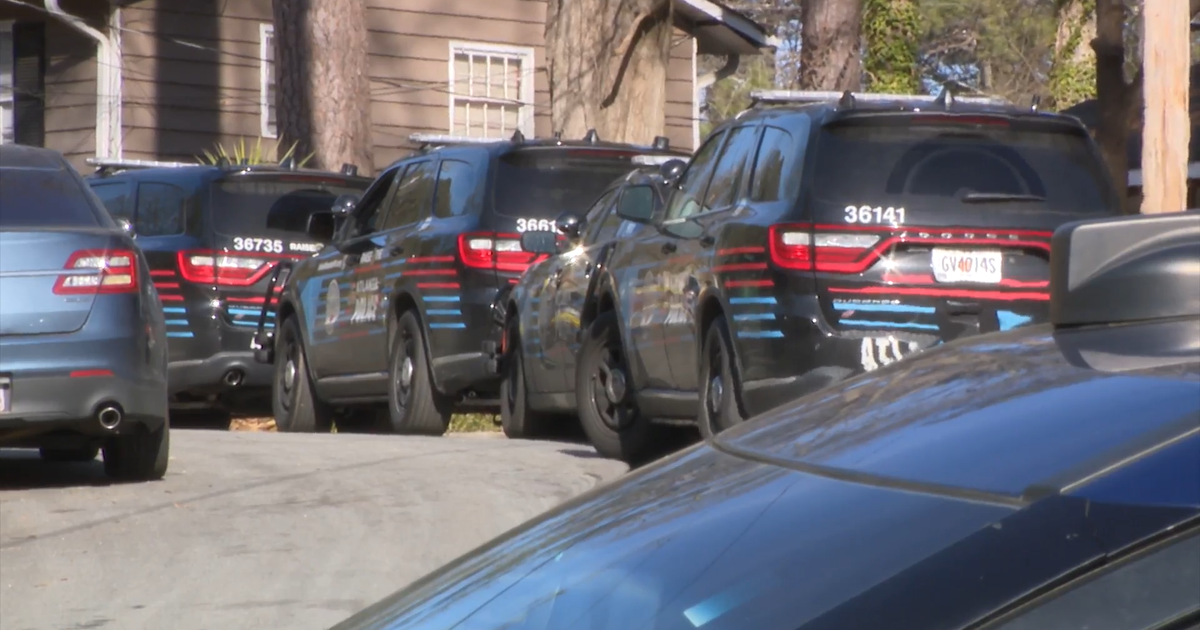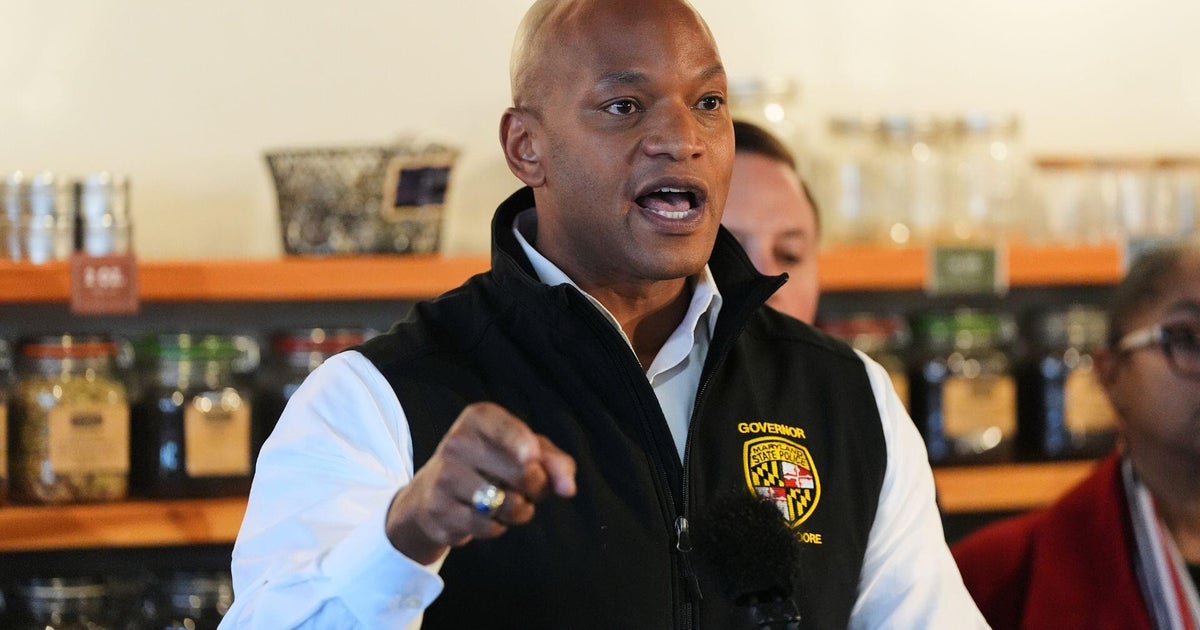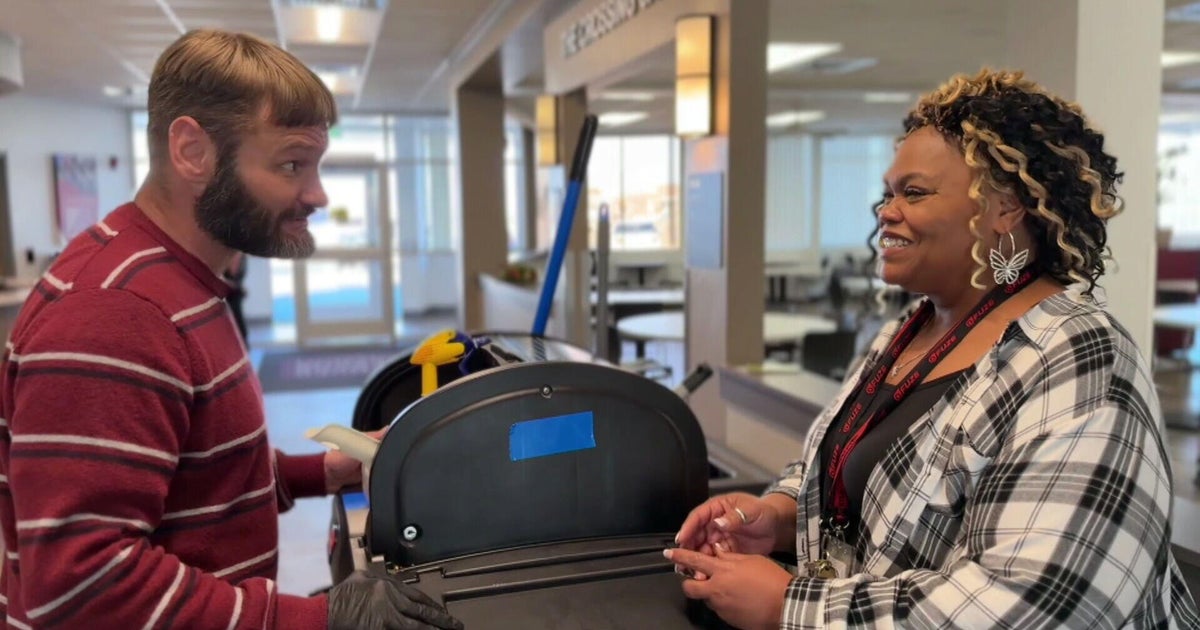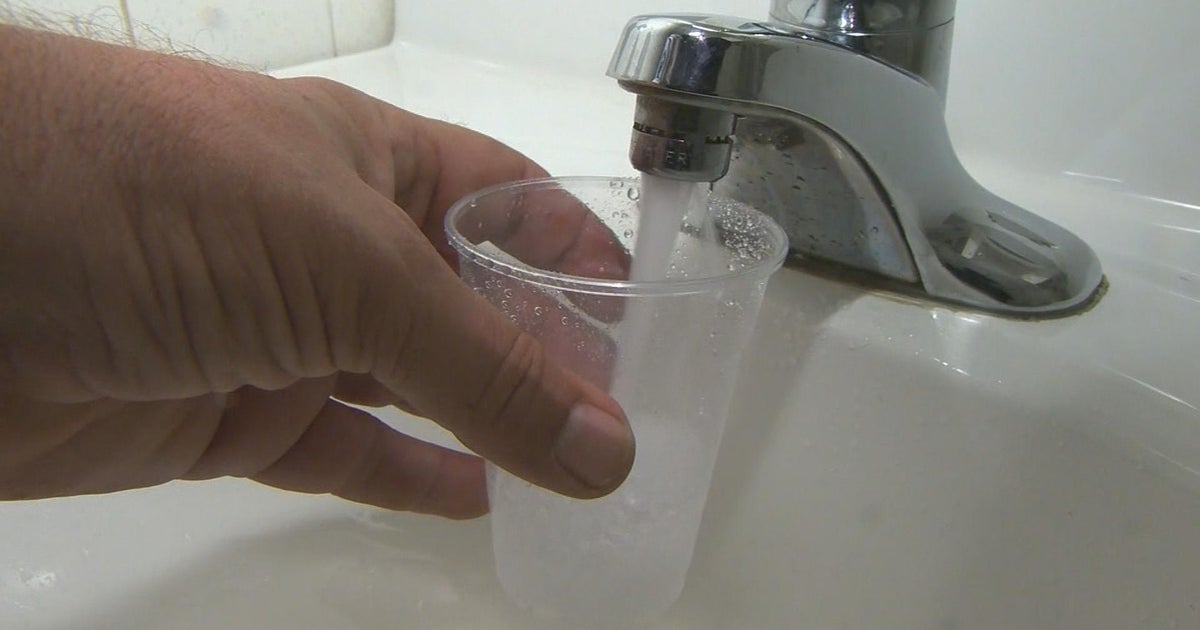Electrical Stimulation Of The Brain May Slow Onset Of Alzheimer's, Study Shows
NEW YORK (CBSNewYork) -- A new study suggests there could be a significant breakthrough in the battle against Alzheimer's disease.
According to the report, electrical stimulation of the brain may slow the onset of the memory-robbing condition. As CBS2's Dr. Max Gomez reported, it could help patients keep their independence longer, giving them back precious time with their caretakers and loved ones.
It's caused by a device some call a pacemaker for the brain.
For 65 year, LaVonne and Tom Moore have been inseparable. When LaVonne became increasingly forgetful, their doctor confirmed their worst fears.
"'Yes, LaVonne, you have Alzheimer's and we can't to anything about it'," Tom recalls. "Well, that's not a satisfactory answer."
That's how they came to enroll LaVonne in a study at the Ohio State University's Wexner Medical Center. Unlike most Alzheimer's treatments, it wasn't focused on improving memory.
Instead, it was focused on functionality.
"We don't have a lot to treat with problem solving, making the right decision, using good judgement," Dr. Douglas Scharre.
In a medical first for Alzheimer's treatment, wires were surgically implanted into patients' frontal lobes -- the region of the brain responsible for those types of executive and cognitive functions. Then, a battery pack in their chest sends electrical currents through the wires in a process called deep brain stimulation.
"They had increased focus, increased attention," Dr. Scharre said.
The study in the Journal of Alzheimer's Disease found all three patients who received deep brain stimulation slowed the progression of their symptoms, and two of the three regressed significantly slower than a typical Alzheimer's patient when compared to a matched group.
"LaVonne has Alzheimer's probably longer than anybody else I know, and that sounds negative, but on the other hand that's good," Tom said.
Three and a half years later she's still able to play her favorite hymns, and Tom says he'll do whatever he can to keep the music going.
"Many times that's very important for patients to hold onto that as long as they can," Dr. Scharre said.
Tom says they'll be together as long as possible.
The study was a small sample size that will have to be expanded to more patients before we can say that it really does slow Alzheimer's. To make it less invasive, researchers are exploring non-surgical ways such as focused ultrasound or even magnetic stimulation to stimulate the frontal lobes.







